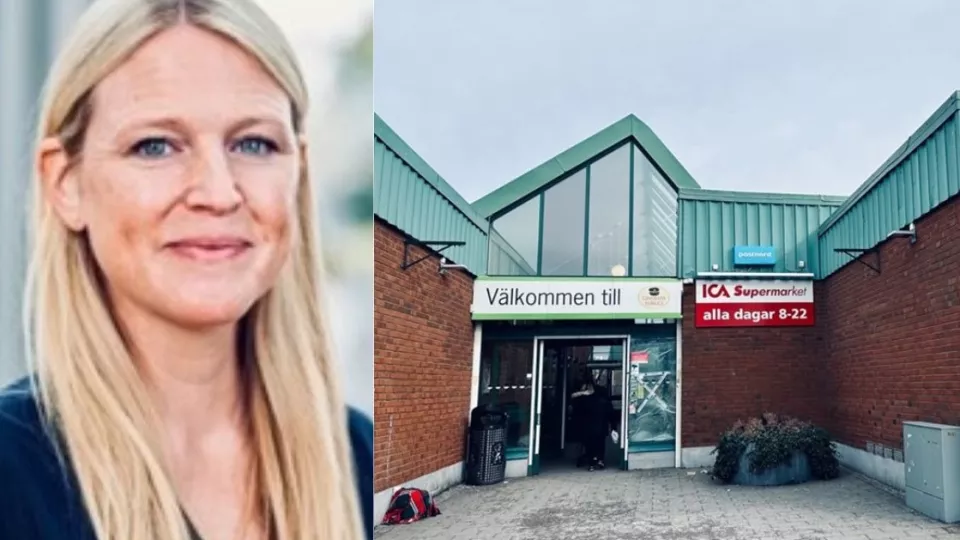The aim of the research project is to create new knowledge about the role of the tourism industry in vulnerable areas with a particular focus on socially sustainable place attractiveness.
At first glance, it seems excellent to create attractive tourist destinations in vulnerable areas. Increased number of visitors break the geographical and social isolation of the areas. The local business community gets a boost and creates new jobs. Place stigmatization is reduced. At the same time, it is complicated to balance tourism strategies and the interests of local residents. There is a risk of creating artificial exoticism, commercialization of the area, and exploitation of the inhabitants. In other words, there are a number of tensions that needs to be carefully addressed in order for place attractiveness to be socially sustainable over time.
In this project, we will investigate how the tourism industry can be involved in creating socially sustainable experiences that strengthen the attractiveness of marginalized places for both visitors and residents, says project leader Cecilia Cassinger, associate professor at the Department of Strategic Communication, Lund University. The research group also includes Ola Thufvesson, senior lecturer at the Department of Service Studies, Lund University and Andrea Lucarelli, associate professor at Stockholm Business School, Stockholm University.
Read the press release from BFUF (the R&D fund of the Swedish Tourism and Hospitality Industry) HERE.
Image of the center at Länsmanstorget in the area of Biskopsgården, Gothenburg.


